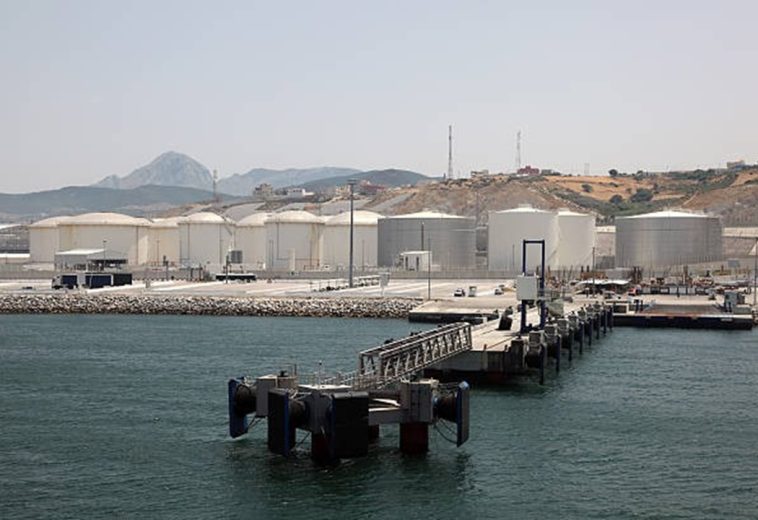In the grand chessboard of global politics, Africa stands as the enigmatic queen—potent, strategically crucial, and courted by many. Once considered a pawn in the great game of colonialism, the continent is now a stage where global powers vie for influence, partnerships, and a share of its abundant resources. Yet, Africa is no longer a passive observer; it is scripting its own narrative amid complex geopolitical currents that threaten its sovereignty and development.
A Theatre of Power Plays
Africa’s allure is undeniable. Its mineral-rich lands, burgeoning youth population, and untapped economic potential make it a key player in global expansion. China, through its Belt and Road Initiative (BRI), has woven an intricate web of investments across the continent, building roads, ports, and railways. Russia, operating more subtly, extends its influence through military alliances and resource agreements. Meanwhile, the United States, leveraging a mix of aid and strategic partnerships, seeks to counterbalance the rise of these newer players. Each power plays a different tune, but the resulting symphony often leaves Africa in a discordant dance, struggling to set its own rhythm.
READ ALSO: The Somalia-Ethiopia Port Deal: Regional Implications and Geopolitical Dynamics
The Chinese Silk Road Through Africa
China’s presence in Africa is akin to a sweeping monsoon—transformative yet occasionally overwhelming. The BRI has left its mark on 52 African nations, with over $153 billion in loans for infrastructure development. From the Mombasa-Nairobi Standard Gauge Railway in Kenya to Ethiopia’s Grand Renaissance Dam, Beijing has crafted a narrative of partnership. However, behind the gleaming skyscrapers and bustling ports lies a cautionary tale: debt dependency looms large. Several African countries now find themselves burdened by repayment obligations, jeopardising their economic autonomy.
Russia’s Subtle Symphony
Russia’s approach is more discreet, taking the form of shadowy alliances. Unlike China’s overt dominance in infrastructure, Moscow favours strategic military pacts and resource deals. The presence of the Wagner Group in countries like Mali and the Central African Republic, alongside Russia’s control of uranium and diamond mines, exemplifies this strategy. These engagements may offer short-term security, but they raise questions about long-term sovereignty. Is Africa simply trading one master for another?
America’s Balancing Act
The United States, once the dominant external force in Africa, now finds itself playing catch-up. Initiatives like Prosper Africa and Power Africa aim to promote trade and clean energy, but Washington’s efforts often appear reactive, overshadowed by China and Russia’s more aggressive pursuits. While the US focus on democracy and human rights resonates, these ideals sometimes clash with the immediate needs of African nations, which are grappling with poverty and conflict.
Africa’s Sovereignty at Stake
Caught in this geopolitical tug-of-war, Africa risks becoming a battleground rather than a benefactor. Foreign investments, while crucial, come with strings attached. Whether it’s mounting debts owed to China, strategic dependencies created by Russia, or conditional aid from the US, Africa’s sovereignty is often the price. The continent’s leaders must walk a fine line, balancing external partnerships while safeguarding national interests.
The Promise of Pan-Africanism
However, Africa is not without agency. The African Continental Free Trade Area (AfCFTA)—a bold initiative to create the world’s largest free trade zone—is a testament to the continent’s potential to unite and chart its own course. By fostering intra-African trade, AfCFTA could reduce dependency on external powers and stimulate local industries. This represents Africa’s countermove in the geopolitical chess game, a step toward becoming a key player rather than a mere pawn.
Navigating the Storm
To thrive amid these global shifts, Africa must adopt a nuanced approach. Strategic diversification of partnerships is key. Nations such as Rwanda and Ghana have demonstrated that leveraging multiple alliances can yield economic growth without sacrificing sovereignty. Additionally, strengthening regional bodies like the African Union is essential. A united front could negotiate better terms with global powers and ensure Africa’s interests are not sidelined.
The Road Ahead
Africa’s journey in this new world order is like navigating a turbulent river—full of risks but also brimming with opportunities. The continent’s youth, its most valuable resource, hold the promise of innovation and resilience. By investing in education, technology, and entrepreneurship, Africa can redefine its narrative.
The world’s gaze is fixed on Africa, not just as a resource hub, but as a partner in shaping the future. The question is: will Africa seize the moment and assert itself as a global powerhouse, or will it be swept away by the tides of external interests? The answer lies in the choices its leaders make today, for those decisions will echo through generations to come.




